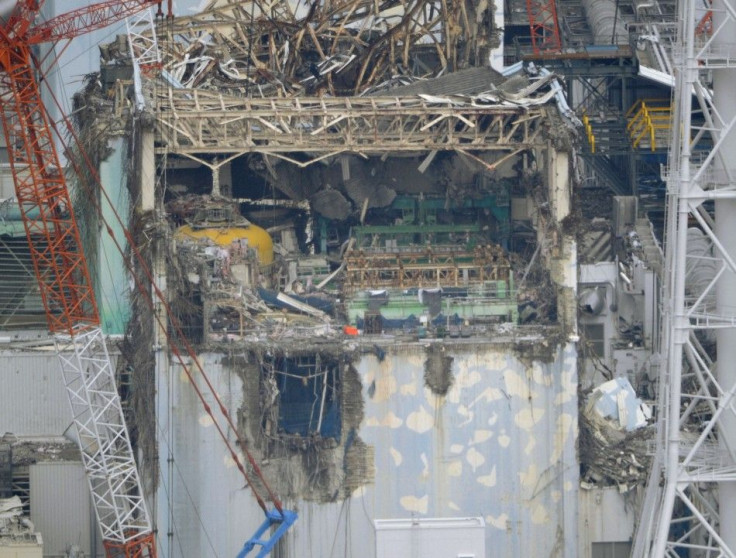Radioactive Strontium, Which Can Cause Bone Cancer, Found In Groundwater At Site Of Fukushima Nuclear Plant Disaster

Tokyo Electric Power Co. Inc. (TYO:9501), or TEPCO, which is responsible for cleaning up the site of the Fukushima nuclear power plant disaster that occurred in the wake of the March 11, 2011, earthquake and tsunami, said Wednesday it has discovered levels of a radioactive form of a chemical element that’s 30 times the legal limit deemed safe.
The problem hampers TEPCO’s ability to dump wastewater used to wash three of the failed reactors into the Pacific Ocean, according to Reuters.
The chemical, strontium-90, is a radioactive form of a safer isotope that has been used in industrial applications, such as the glass used in older CRT computer monitors. But the radioactive version can cause cancer because strontium is very similar to calcium and is absorbed by bones, according to the U.S. Centers for Disease Control.
Speaking at a new conference, TEPCO General Manager Toshihiko Fukuda said he doesn’t believe the contaminant has leaked into the ocean. The company has been trying to convince local fishermen that it’s safe to dump 100 tons of Fukushima groundwater used to clean the site into the ocean.
© Copyright IBTimes 2024. All rights reserved.





















